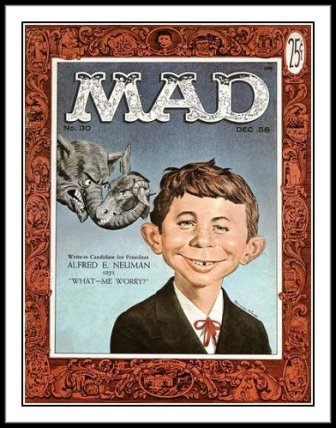Perspectives On Modern Cultural Satire

Satire
Satire is defined basically as making fun or criticizing a subject through writing. It can be directed towards politics, society, culture, people and so on. There are also many ways and methods to use it such as irony, wit, sarcasm, criticism or mocking in which someone is held up for public scorn, derision, insult and ridicule.
A satire is a literary effort that attacks or pokes fun at vices, abuses, stupidity, and other faults. It may make the reader laugh or dislike the person or thing satirized. It also criticizes a subject through cleverly worded narratives and sometimes makes outrageous claims.
Satirists have always shared a common desire to reveal stupidity in all its forms. The success of satire lies in exaggeration and is usually intended to criticize. It most always takes on a humorous guise. So, the purpose of satire is seemingly to motivate readers to find solutions to the problem being deliberated.
Satire often combines anger and humor because it’s fundamentally ironic or sarcastic. Therefore, it is sometimes misunderstood. People will either love it or hate it depending on their individual circumstances. Say for instance a satirist pokes fun at a court ruling sentencing someone to a life in prison. The story may be very popular…except to someone serving life in prison. When it affects somebody personally, people are apt to be more sensitive about it.

Negative Responses
Common negative responses to satire have included revulsion, accusations of poor taste to the notion a writer actually supports the subject being attacked. And because satire criticizes in an offhanded, indirect way, it often evades censorship and evaluation more direct criticism might not.
However, sometimes satire comes into serious opposition, especially when the subject is about politics. Many politicians are extremely thin skinned when it comes to public criticism. Therefore they attempt to prosecute the author or censor their work. Although not satire, the recent attempts to shut down Fox News is a perfect example of this.
Numerous Complaints
Another example of a negative response was in 2001, when a British television network aired a story on current affairs intended to make fun of journalists and their seemingly endless fascination with pedophiles. The network received numerous complaints from viewers, outraged the show would mock such a serious subject.
Sometimes satire can be prophetic as when an article actually precedes an event. In the 1920s an English cartoonist proposed an absurd idea for the time…a hotel for cars. He drew a multi story parking garage, now a common sight.
And in 2004, ”The Onion”, a popular satirical newspaper, spoofed over marketing of multi blade razors with a humorous, fake article announcing the Gillette company would make a five-bladed razor. In 2006, it became a reality.
In the early 20th century, satire was used to make commentaries on the social changes taking place in Europe and the United States. A perfect example was the film “The Great Dictator” in 1940, by Charlie Chaplain’s characterization of Adolf Hitler. Many social critics of the time used satire as their main tool of choice.
In 1884, Mark Twain published “The Adventures of Huckleberry Finn.” It was both humorous and serious using satire of man's cruelty to man, religious hypocrisy, Romanticism and superstition. The novel was amusing but more importantly it introduced the reader to social complexities of the era.
Political satirical cartoons are very fashionable today and often saturate newspapers and magazines. Political cartoons are mostly comprised of two facets, caricature, which lampoons an individual, and a situation. In a caricature an image is exaggerated and intended to be humorous. Political satire is probably the most popular humor.
Satire cartoons are often found in editorial sections of newspapers where they publicize important issues of the day hoping to improve social change. Satire cartoons are often aimed at famous public personalities whose actions significantly influence society.








